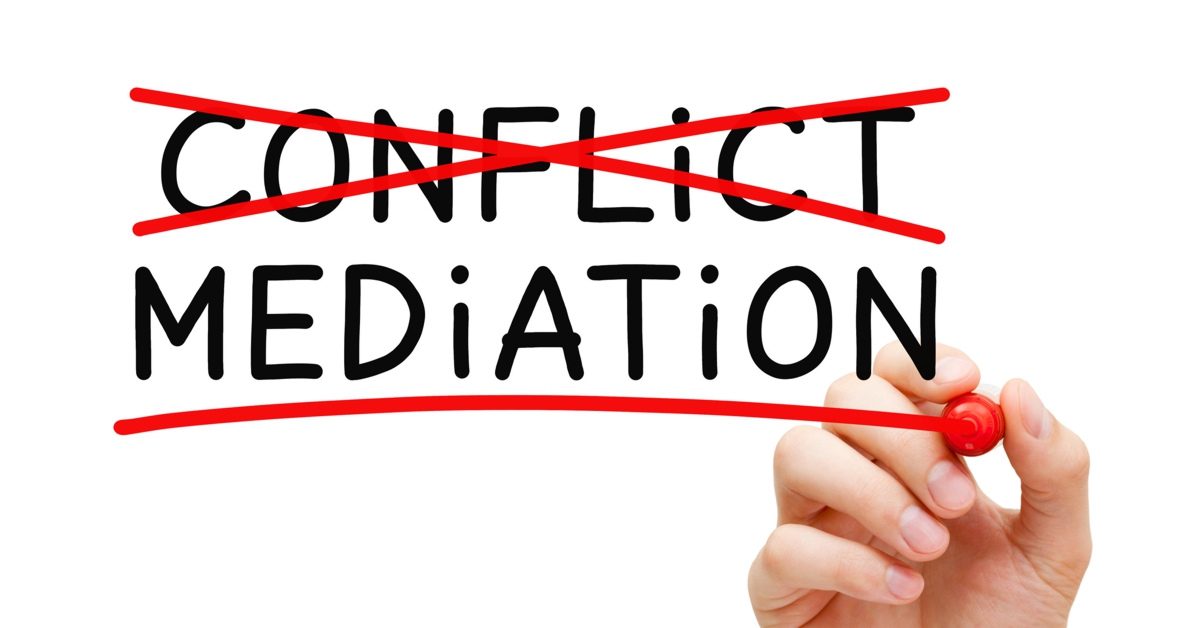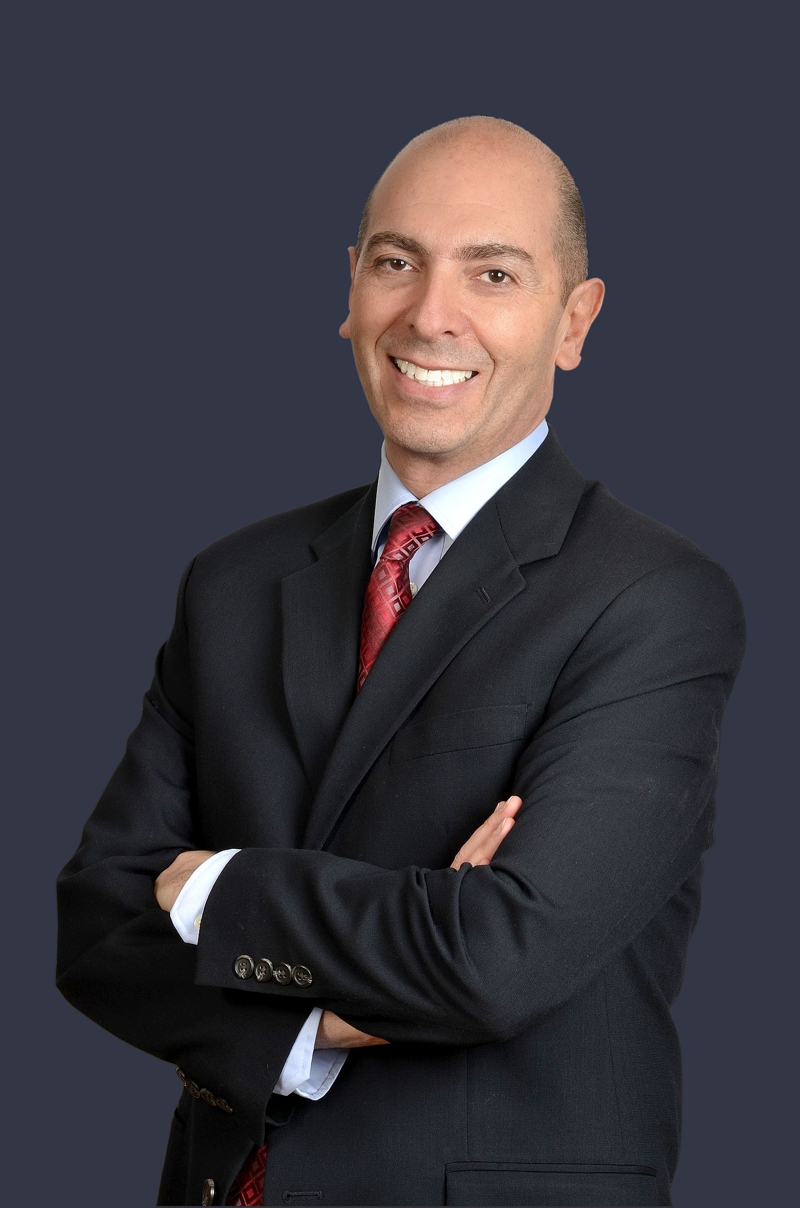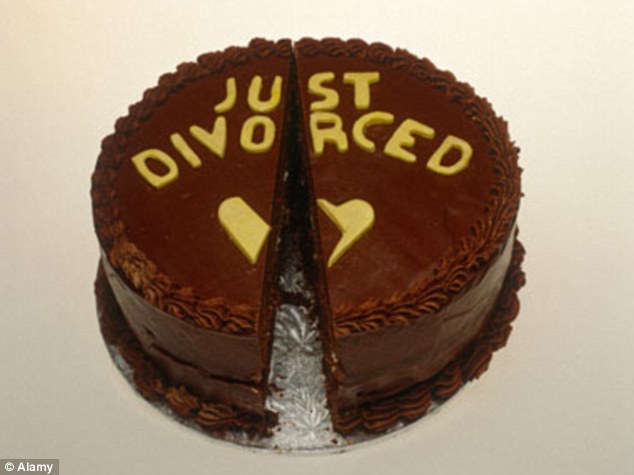Conflict Revolution – Mediators as Agents of Social Change.”
By Mark Baer, Esq.
Southern California Mediation Association (SCMA) had its 27th Annual Fall Conference on November 6-7, 2015. The title of that conference was “Conflict Revolution – Mediators as Agents of Social Change.”
On April 10, 2015, before SCMA invited requests for proposals, I was approached to spearhead a program for that conference because a number of people on the Board of that organization view me as a “change agent.” They specifically requested that I submit a proposal on the issue of LGBT civil rights, which I did and it was approved.
The title of the program was “Equal Rights for the LGBT Community: The Last Frontier Of The Civil Rights Movement” and its description was as follows:
“Learn what you can do to be an agent for social change in what has been referred to as ‘the last civil rights movement’: LGBT rights. Notwithstanding the Supreme Court’s ruling on marriage equality, a number of states do not prohibit employment or housing discrimination based on sexual orientation or gender identity. Additionally, religious liberty laws are being enacted in various states, which permit discrimination against LGBT individuals. Panel members will share their own experiences relating to issues that members of the LGBT community face, and will assist those that attend this program to acquire an insight that will aid in the empathetic process when faced with such issues in mediation.”
Joining me on the panel were Leonard S. Levy, Esq., Mediator, ADR Services Inc. and David Fleischer, Director, Leadership LAB, Los Angeles LGBT Center.
In any event, it was the first time I had attended an SCMA Conference and will by no means by my last. I’m so thankful that they reached out to me to spearhead a program because otherwise I may have missed out on the amazing conference.
Rather than getting into the various wonderful programs, I want to focus on one, in particular — The Closing Plenary given by Kenneth Cloke. It was titled “Conflict Revolution: Designing Mediative Approaches to Race, Gender, Economic Inequality, Immigration, Climate Change and Electoral Politics.” The description was as follows:
“From Ferguson to Athens, Damascus, Hungary and Beijing; from racism to religious intolerance and hostility toward immigrants, we are witnessing a massive increase in global conflict, and are now in the midst of a deeply divisive electoral process. What is our responsibility as dispute resolvers for the social, economic, political and environmental conflicts that are taking place around us? Can we apply conflict resolution principles to the inequalities, inequities and dysfunctions that fuel these chronic conflicts? Are we not implicitly responsible for learning not only how to discuss and resolve them, but to redesign the conflict generating structures, processes, institutions and practices that ensure their chronic recurrence? Can mediation and conflict resolution systems design create a “conflict revolution” in how we respond to social, economic and political conflicts? And is it possible to bring these changes about without recreating the very problems we seek to solve?”
The PowerPoint from that program can be found at the following link: http://www.slideshare.net/vpynchon/ppt-cloke-ken-conflict-revolution-scma
The Closing Plenary was based upon Ken Cloke’s recently published book titled “Conflict Revolution – Mediating Evil,War, Injustice and Terror.” The description of that book is as follows:
“Ken Cloke is one of the foremost authorities on the origins of past and present day conflict, and how it is resolved. From the basics of interpersonal relationships and emotions to crime, labor management relations, prejudice, the environment, politics, education and economics, Ken walks us through what it means to become a global citizen on this planet and empowers us with techniques that are different from what we have done unsuccessfully for thousands of years. Ken shows us how to transform our social, economic and political institutions, and help save the planet.
Conflict Revolution will change the way you see the world and your important role in its future.”
We are extremely fortunate to have Kenneth Cloke and I would strongly suggest that we start listening to him!


